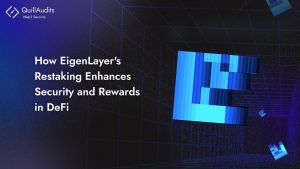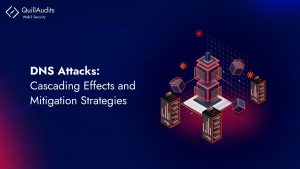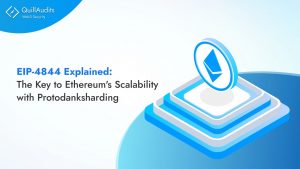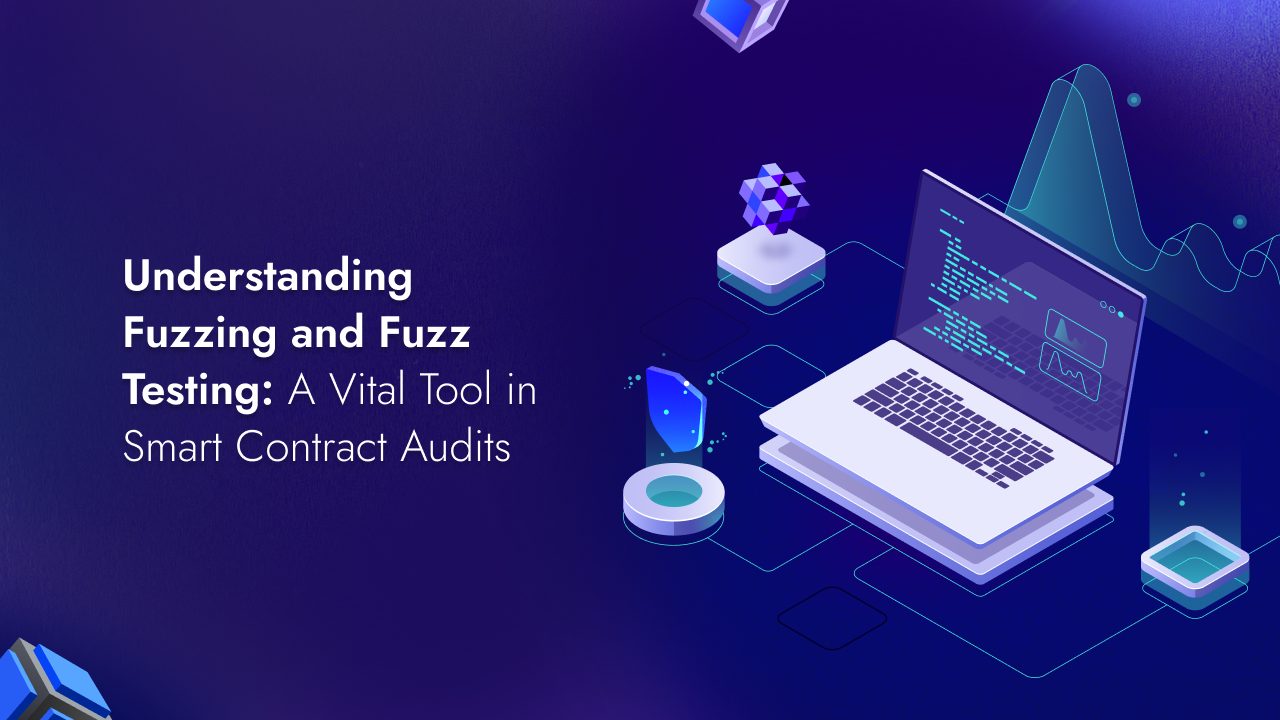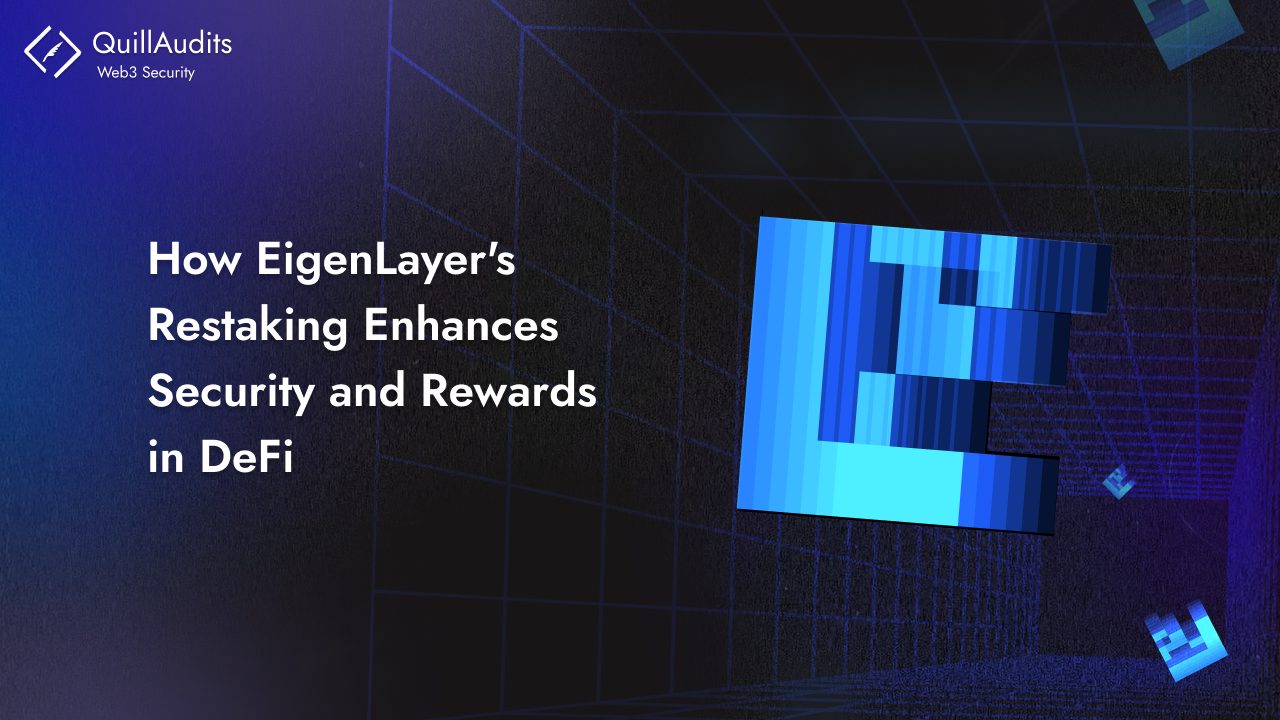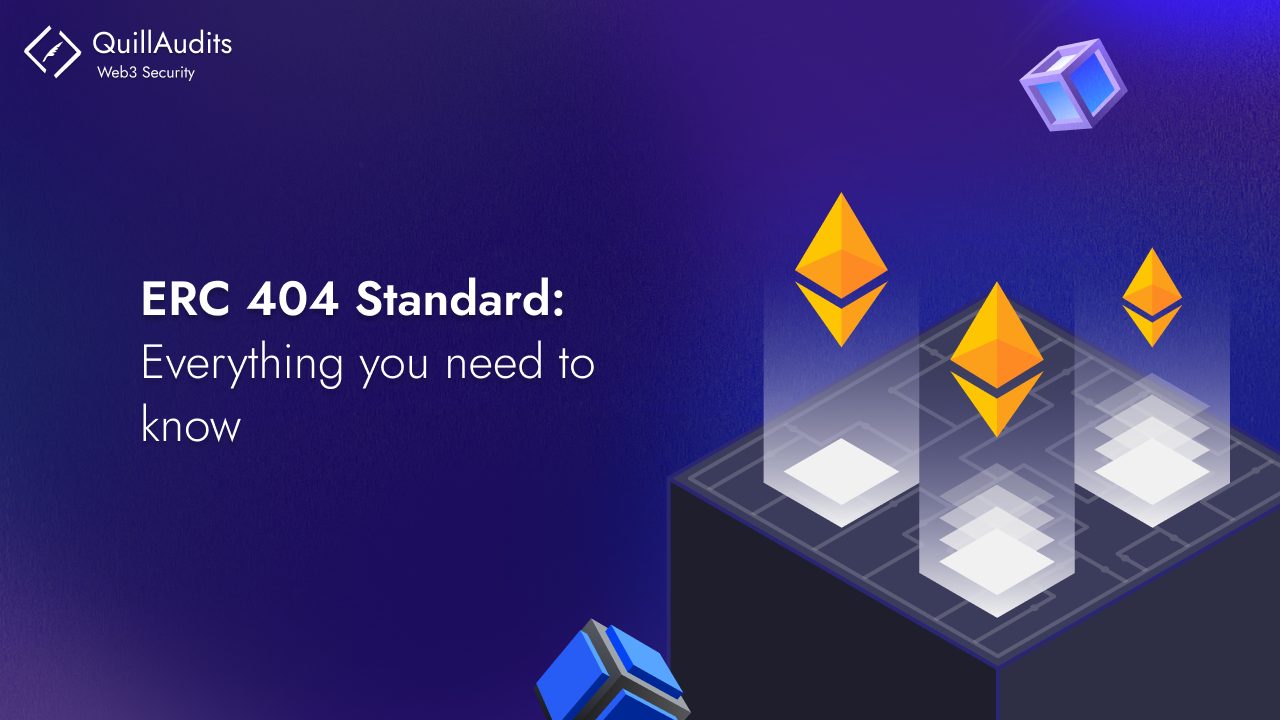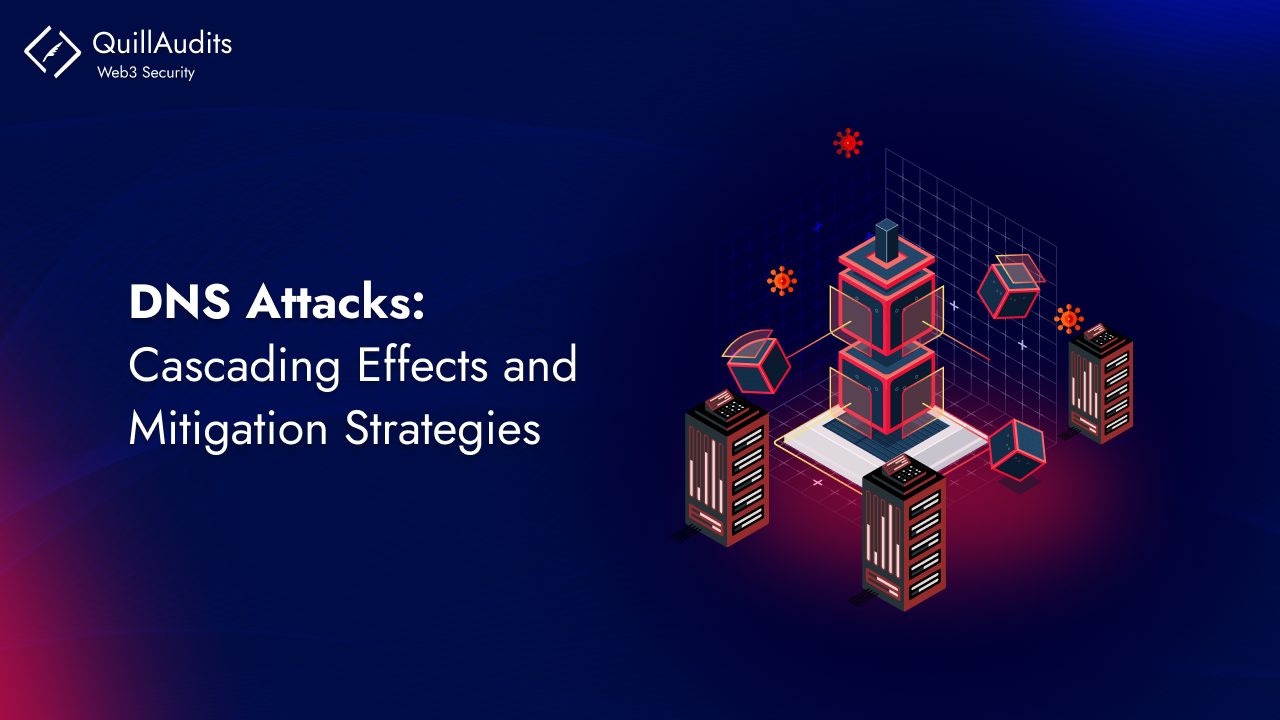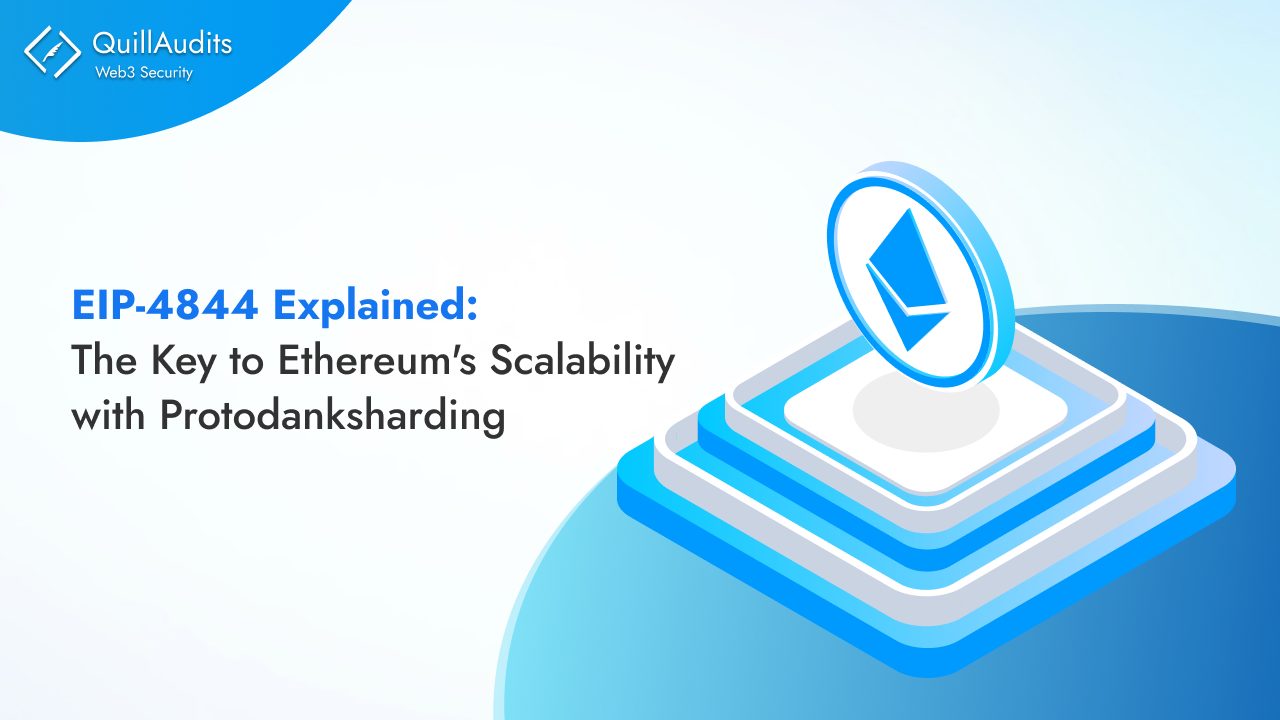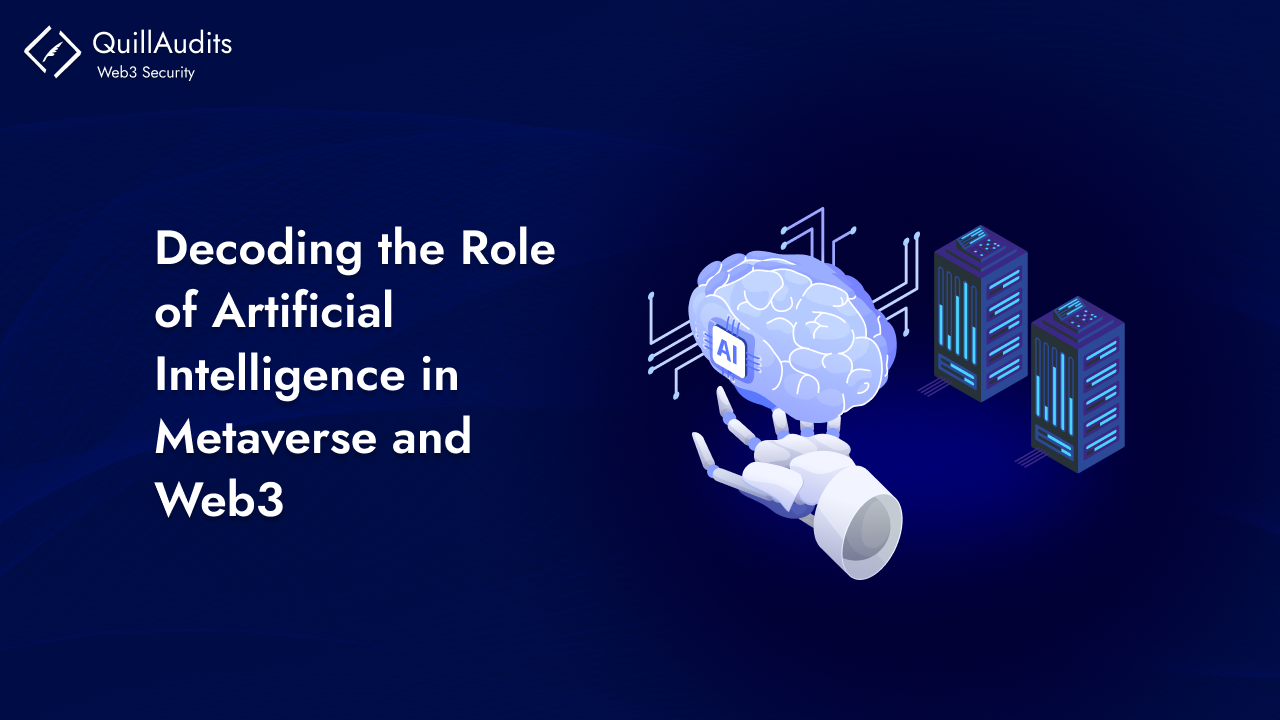Decentralized Finance, aka DeFi, can give some great returns. However, there is a possibility of disastrous situations where investors could end up with big losses. In DeFi lingo, these situations are described as rug-pulls.
The issue has been widespread in DeFi projects, and not even the whales have escaped unscathed. Any incident of rug-pull not only kicks back a specific project and spoils its prices but creates suspicion about the whole industry. Investors become unsure about the right venues to put in their capital.
Fraudsters just round the corner
To term DeFi a sort of wild west won’t be an exaggeration. Positivity and potential are rampant, but you can also smell fraudsters just round the corner. With a regulatory system yet undeveloped in the DeFi realm and many people still considering it outside the realm of mainstream fintech, it is always going to be more likely to attract criminals.
More than $284 million has been lost as a result of Defi hacks since 2019, according to research by Messari. The crypto research provider says that the average amount stolen in these incidents amounts to $11.9 million.
While projects might try to sweep situations under the rug when only one or a handful of victims are involved, rug-pulls typically hit a much greater number of users and threaten to wipe out an entire or a major chunk of capital.
In some cases, it is not the hackers who are to blame. Rather, it is the project developers themselves who put in place a blatant exit scam. The project is presented as a promising project to draw users. When the price grows, developers pull out the liquidity and run with the booty, dealing a deadly blow to the investors.
Role of smart contracts
Smart contracts have emerged to be the major culprit in DeFi hacks and rug-pulls. The causes of these incidents can be segregated into two types – code vulnerabilities and human error. There is no way you can eliminate the possibility of human error, but the least you can do is to ensure there are no loopholes left in the smart contract.
On DeFi projects, smart contracts are designed for catering to common contractual conditions while eliminating the role of intermediaries and reducing accidental exceptions. Smart contracts serve in all sorts of projects and make the core of the whole system. When the center is compromised, the entire project is in peril.
Smart contracts are the key component of the DeFi ecosystem. Procedures are automated in DeFi. Programs execute the clauses when certain condition(s) are met, and there is no scope for human interference. Moreover, crypto space is characterized by decentralization and transparency. To ensure openness and prove transparency in the platform, DeFi projects have to publish source code on Github. To earn people’s trust, smart contract auditing is also an important step.
Must Read – How To Start A DeFi Protocol in 5 steps?
How smart contract auditing helps
Auditing smart contracts involves scrutinizing the code for the identification of bugs, vulnerabilities, and risks. As a smart contract cannot be interfered with, the inspection has to be done before the deployment of the contract. Smart contracts are unlike the prevalent Agile methodology, where a program is launched into execution at its most basic level, and iterations are added at regular intervals. A smart contract has to be developed in full and thoroughly checked before the launch.
The best way to avoid rug-pulls is to audit your smart contract code outside your organization thoroughly. You may be tempted to complete auditing internally, but it is not advisable as your staff might have prejudices or motives. An external organization with the right expertise will be able to do it impartially. Moreover, in the procedures like ICOs, the external audit will be taken into account by the investors. The grade of auditing will be a major criterion when people decide whether to be a stakeholder or not.
Types and phases of audits
Depending on your budget and audits, you could settle for various types of audits. For instance, you could get reviewed complex modules to ensure you are moving in the right direction and optimized gas levels.
A single auditor conducts the basic audit if you want to get audited standard token contracts such as ERC20, ERC721, etc. A comprehensive smart contract code review involves a blend of automated testing tools and manual reviews undertaken by more than one auditor. In projects with multiple iterations, the development lifecycle allows regular review of the new code in revised smart contracts. The new smart contract might be audited every time and deployed in place of the old one.
Various phases of smart contract audit include requirements gathering, automated testing, manual testing, preparation of initial audit report, and final audit report.



Wrapping up
Rug-pull is the biggest fear of the stakeholders in DeFi. The biggest factor in such a level of fraudulent activities is faulty smart contracts. A complete audit helps pick the loopholes in the code that the evil might use later to steal the money. Taking external auditors on board is the optimum way to examine the code. They can go through the code without prejudice, and investors and other stakeholders accord their audit value.


